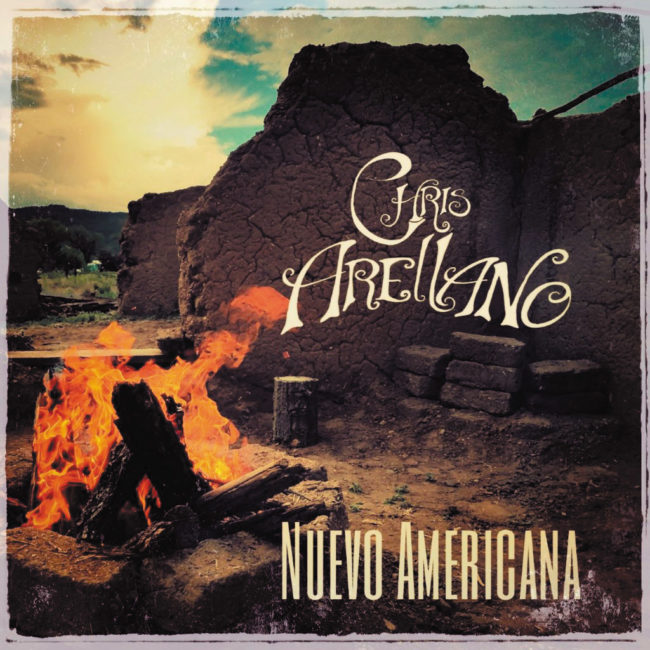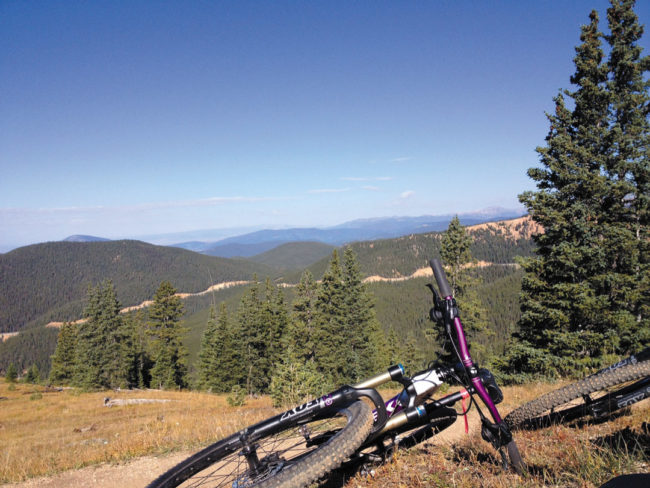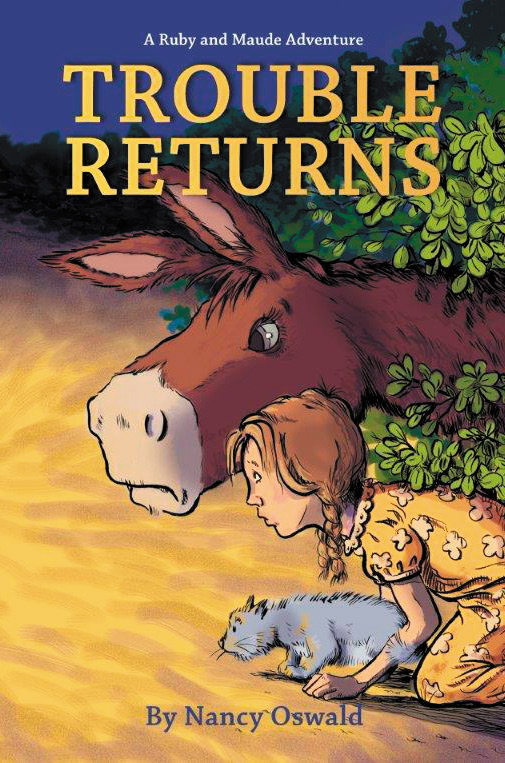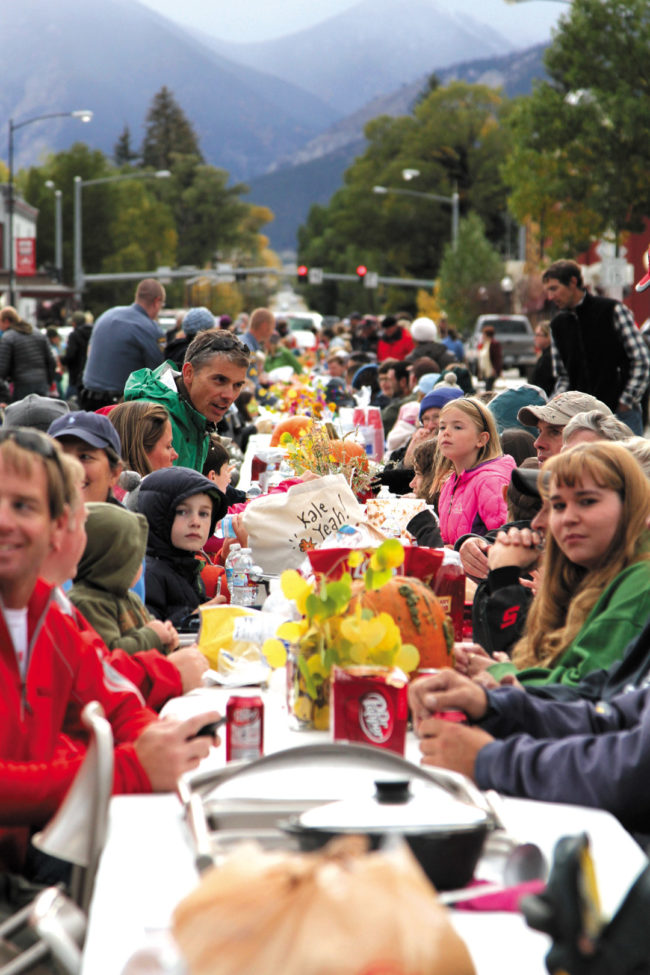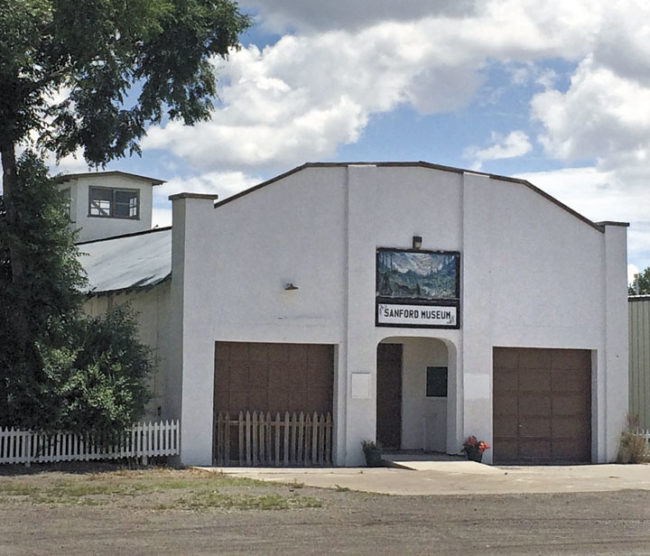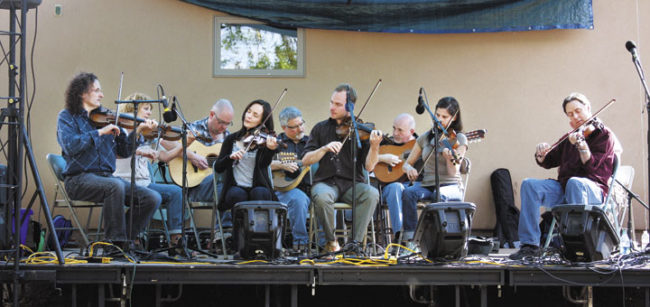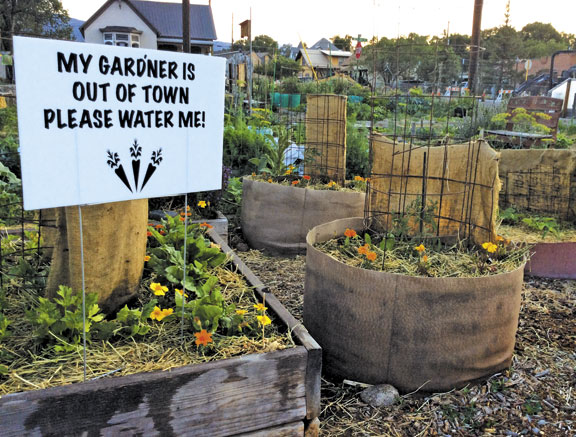What Do Affordable Housing, Equality, and World Peace Have In Common? By Martha Quillen A story in the July 6 Mountain Mail made me laugh – until I realized it wasn’t a joke. The article was about how Jackson, Wyoming, planned to address “its worker housing shortage” by establishing a parking lot where workers could sleep without being disturbed or harassed by authorities. An overnight parking space would cost $465 per month, and car campers would be required to keep all activities in their vehicle. Parking lot tenants would not be allowed to sit in nearby chairs or cook on their…

